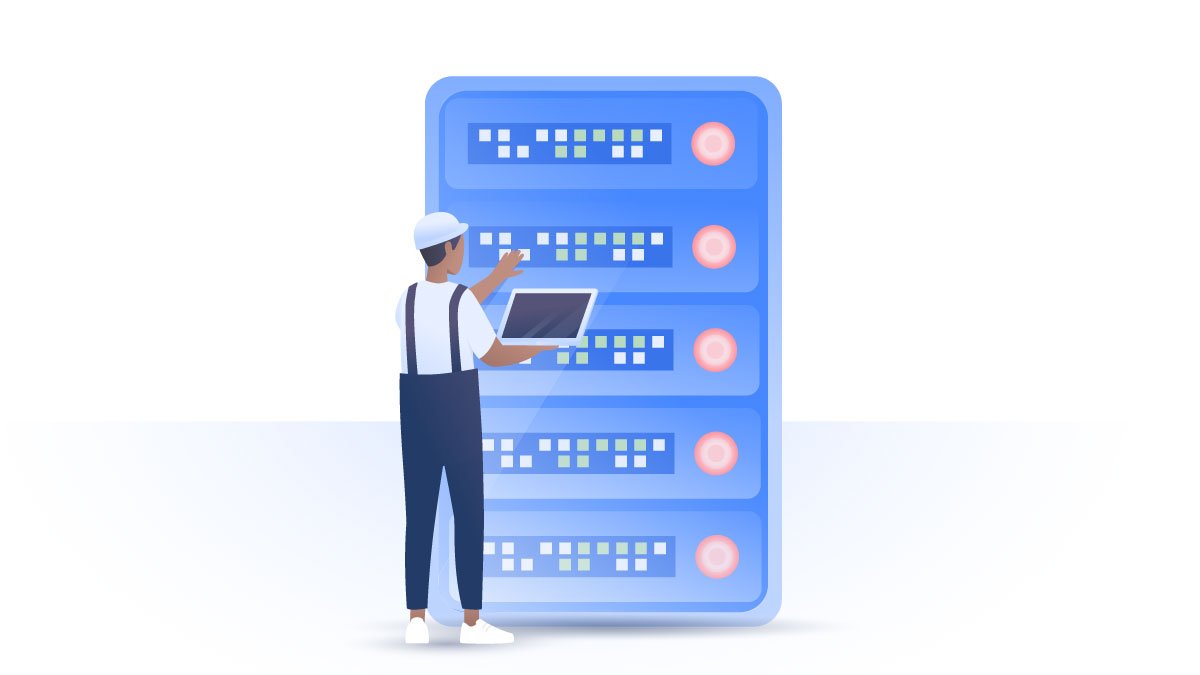Ethiopia’s tensions, elections and internet shutdowns
Imagine if your internet connection was cut multiple times every year. Then imagine if, when you were online, a single message or post could land you in prison. This is the brutal reality for Ethiopia today.
Paul Black
Jun 18, 2021 · 3 min read

What is happening in Ethiopia?
Ethiopia is another country facing internet restrictions amidst election turmoil. The election is supposed to take place on June 21 and is the first multi-party election in the country since 2005.
For decades the country has been ruled by The Ethiopian People's Revolutionary Democratic Front (EPRDF), which has now merged into the Prosperity Party. This group is not known for its democratic approach and support of freed speech.
Recent armed conflicts, alleged massacres targeting ethnic and religious groups, and civil strife have dominated the election process. In this climate, it’s not unlikely that the ruling party will continue its long history of draconian internet restrictions.
The world is actively observing this political event, but it’s still uncertain whether or not it will bring Ethiopia closer to real democracy. Facebook has launched a special campaign monitoring Ethiopian social media content in the runup to the election, and removing hate speech, violence-inciting content, and misinformation.Between March 2020 and March 2021, Facebook detected and removed a staggering 87,000 pieces of hate speech from Ethiopian accounts.
Internet restriction in Ethiopia
Ethiopia doesn’t rank well on internet freedom lists. The Ethio telecom internet provider and the Ethiopian Telecommunication Agency regulate the internet in the country. Both are controlled by the national government. Ethio telecom is the country's sole state-approved internet service provider (ISP), so it’s almost impossible to get online without them.
All alternative means to connect to the internet are prohibited by law. Ethio telecom also initiated the ban of foreign online telephony providers, attempted to restrict anonymous web browsing or used deep packet inspection to block Tor services.
The EPRDF also uses internet filtering to block oppositional and politically critical content. In this way, the government has been able to arrest and convict Ethiopian bloggers and journalists. Many are now imprisoned. These tactics have intensified in recent years:
- In 2019 Ethiopia experienced a complete internet shutdown for four days. Instant messaging services were actively suppressed.
- Following the death of civil rights activist Hachalu Hundessa in 2020, authorities shut down the internet again for two weeks.
- The most recent shutdown related to the 2020 Tigray conflict and mostly affected the Tigray region. Internet and telephone connections were cut.
How can a VPN help Ethiopia?
The Ethiopian government uses extensive online surveillance systems. Because of their stranglehold on ISPs, they’re able to monitor the activity of internet users across the country. In Ethiopia, online privacy is a matter of freedom and imprisonment, life and death.
NordVPN stands for online freedom and has numerous various campaigns promoting free speech and journalism. We work to support activists operating in harsh conditions and fighting for free of speech, and try to actively provide privacy and protection for those in need.
Apart from encrypting your traffic and hiding your IP from data snoopers, NordVPN also offers some additional protective features:
- Kill Switch immediately cuts your internet connection if your VPN server is down. That means, even if your VPN coverage is lost, there is no chance that your data will be exposed;
- Obfuscated servers hide the fact that you use a VPN and help you to bypass various VPN blocks;
- Double VPN provides you with an additional layer of encryption, which is especially useful in high-risk areas. Not even your ISP can spy on your data once it’s encrypted.
NordVPN also offers emergency VPN services to help people fight extreme cases of censorship. The program can provide a free VPN for six months to people facing the threat of censorship and violence. You can apply for it here.
Want to read more like this?
Get the latest news and tips from NordVPN


